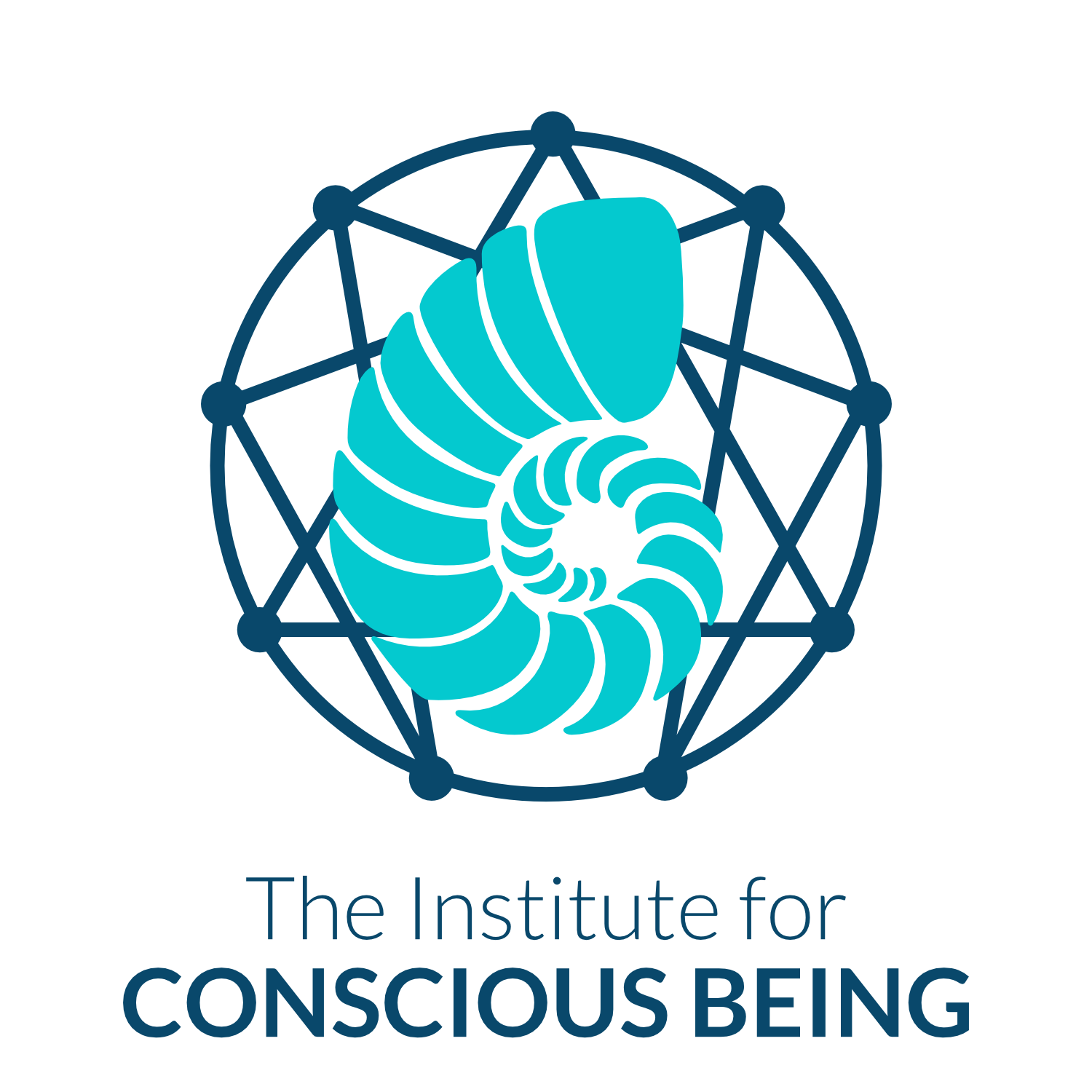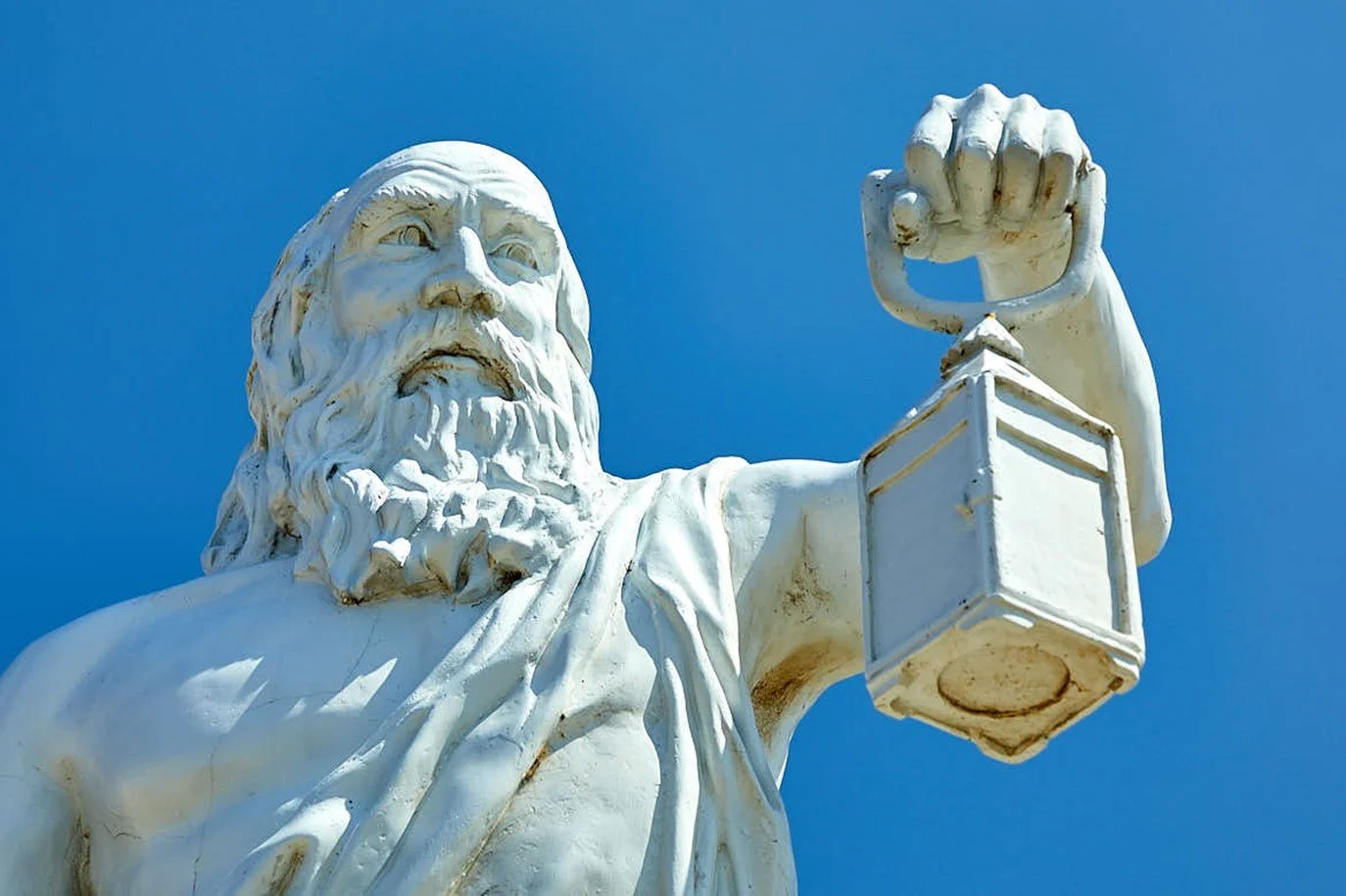Application Part 3
January 2, 2025
Application Part 3
The issue of whether or not we apply our higher ideals to our lives is not a new topic. It has been under discussion for centuries. When we do not apply our values to the issues of life, it is because we are absent-minded, out of touch, avoidant, distracted, or enamored with other things. We may be unconscious or, in the worst-case scenario, hypocritical. All of us who fall beneath the saints and angels have been in one of those categories. And this has been true since the beginning of human history.
The Greek philosophers inspected the behavior and beliefs of themselves and others. Diogenes (404 BC- 324 BC) was very sensitive to how a person led their life and whether or not their behavior was congruent with what they advocated. He became cynical about life and is said to have wandered the streets at night with his lantern, looking for an honest person. One of the characteristics of a genuinely honest individual is whether or not they practice what they preach.
The adage "practice what you preach" comes from the Bible: Jesus said, "The Scribes and the Pharisees sit on Moses' seat; so, practice and observe whatever they tell you, but not what they do; for they preach, but do not practice.” (Matthew 23: 2-3)
Taking the adage "practice what you preach" a step further, in 1896, Charles Sheldon published a novel entitled In His Steps: What Would Jesus Do? It was an honest look at how, if we lived as Jesus said, we would live a life based on a balance of our welfare and the welfare of all others. The novel illustrated how when individuals lived their lives according to Jesus’s teachings, their influence caused the pillars of society to radically change. Sheldon's main characters pledged to live as Jesus lived, and this ended up affecting their families, work associates, and even the press and government. Taking Jesus seriously would eventually change the level of consciousness of the entire world.
Sheldon’s concept of "What Would Jesus Do?" rose to popularity again one hundred years later in the 1990s. This powerful question ignited a Christian movement (WWJD) that reminded people that Jesus gave instructions on dealing with everything and that our job as his followers is, in every situation, to ask what he would do. In this movement, many people wore wristbands with the letters WWJD. The wristbands were a constant reminder of the essential question for followers of Christ.
The proof of the pudding is in the eating. So, likewise, the evidence of our ideals and consciousness is found in how we live our lives. I find it challenging to make my life congruent with my beliefs. Every day, I discover more instances in which my higher self is ignored in favor of self-gratification, self-delusion, and laziness. Fortunately, I am discovering these inconsistencies now, whereas, in earlier times, I was much less aware of them. In the study of consciousness and the Enneagram, we have the benefit of learning our particular blind spot— the things about reality that our ego type won’t let us see. Once we know what we can’t see, we can ask for a flashlight.
=================================================================
Spiritual practice: About your current dilemma: what would Jesus do?
Self-inquiry: List as many reasons as possible why you want to make your life consistent with your stated beliefs. Which are the top three most important reasons?
Dear God,
What a challenge for me it is to do what is conscious. I pray to meet this challenge in everything. Amen


